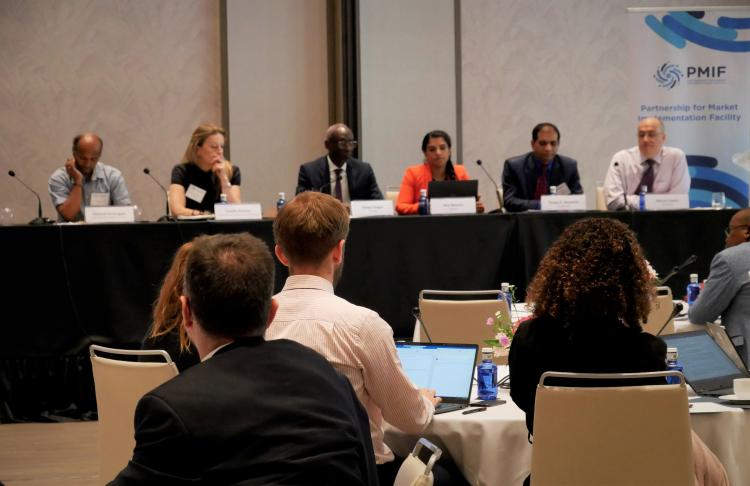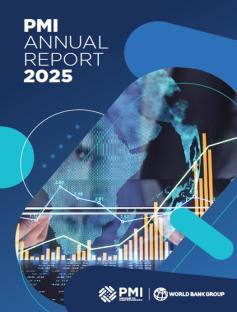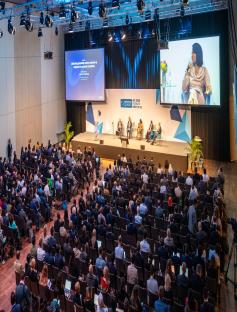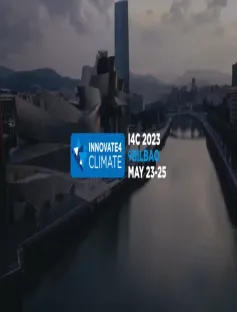In early July, the community of the Partnership for Market Implementation Facility (PMIF) came together in Madrid, for its first in-person meeting since its establishment in early 2021. Due to the global pandemic, only online knowledge sharing, learning and peer exchanges could take place prior to this forum. Though there are important benefits to virtual meetings, the Partnership for Market Implementation (PMI) builds on the spirit of community that was fostered with the Partnership for Market Readiness (PMR), its predecessor program that came to an end in 2021 after a successful ten years of promoting the use of carbon pricing instruments around the globe.
The 2022 PMIF Knowledge Forum was held on 5-7 July, back-to-back with the annual Partnership Council Meeting of the PMIF, its highest governing body. Through interactive discussions with multi-faceted participants, the Knowledge Forum provides a platform for the PMIF community to exchange experiences and build capacities together. This year, over 70 policymakers and practitioners from around the world gathered at the Forum, including representatives of PMI implementing countries, donor countries, and knowledge partners and experts. Additionally, 75 participants followed the live streaming remotely.
Here are some key takeaways from the 2022 PMIF Knowledge Forum.
Day 1
The first day of the PMIF Knowledge Forum focused on the concept of Just Transition and its relevance for carbon pricing policies. Making sure that the implementation of carbon pricing instruments aims for a just transition pathway is a key element in the PMI and can contribute to successfully harvesting the benefits and opportunities of these economic instruments while protecting the most vulnerable from potential negative impacts.
Throughout the day, many experiences and good practices were shared, covering a broad scope of measures in the energy sector and beyond, and reaching from economy-wide to local community-based strategies. Representatives from several PMI implementing countries presented their Just Transition plans and how they aim to incorporate this aspect into the proposed scope of PMI work.
Day 2
On the second day of the Forum, a kick-off session showcased the World Bank’s various climate change trust funds, and how the PMIF complements the World Bank’s climate activities, how they logically interact and in which ways they can provide complementarity in their support to countries on their pathways towards low-emission economies.
The opening discussion was followed by two sessions that provided insights on ongoing innovations in carbon markets that form part of the work of the PMIF. First, the spotlight was put on the end-to-end infrastructure ecosystem to support countries with the implementation of their mitigation policy, including carbon asset development and trading. The World Bank is working on a number of activities in this space to drive a coherent and efficient metadata infrastructure which includes the Climate Warehouse, an open-source registry offering, digital MRV and the tokenization of carbon credits.
To supplement the discussions on infrastructure, the next session focused on national level strategies and policy frameworks for international carbon markets. After a brief update on the progress of Article 6 by UN Climate, the panel presented several PMIF-sponsored resources available to countries, like the Approach Papers developed by the Climate Market Club and the latest developments of the capacity assessment tool ‘Mitigation Action Assessment Protocol – MAAP’, namely its assessment modules on international transfer readiness (ITR) and carbon pricing instruments (CPI).
A deep dive into the Africa region and a discussion around mobilizing private and blended finance to scale climate solutions closed the second day. The session addressed the role of multilateral development banks (MDBs) and of carbon markets, particularly relating on how to deliver climate finance to small- and medium-sized enterprises (SMEs).
Day 3
On the final day of the PMIF Knowledge Forum, the focus was on PMI implementing countries. As countries are finalizing their full funding proposals to the PMI, several country representatives presented their planned scope of work to the PMIF community, showcasing a variety of instruments and priorities that countries plan to address in line with their national climate policy objectives.
Following the Knowledge Forum, members of the PMIF Partnership Council came together for their annual meeting to reflect on the progress of the past year and plan the activities of the upcoming year. Work program highlights and priorities for the new fiscal year were discussed and the Council gave their formal support for the planned activities.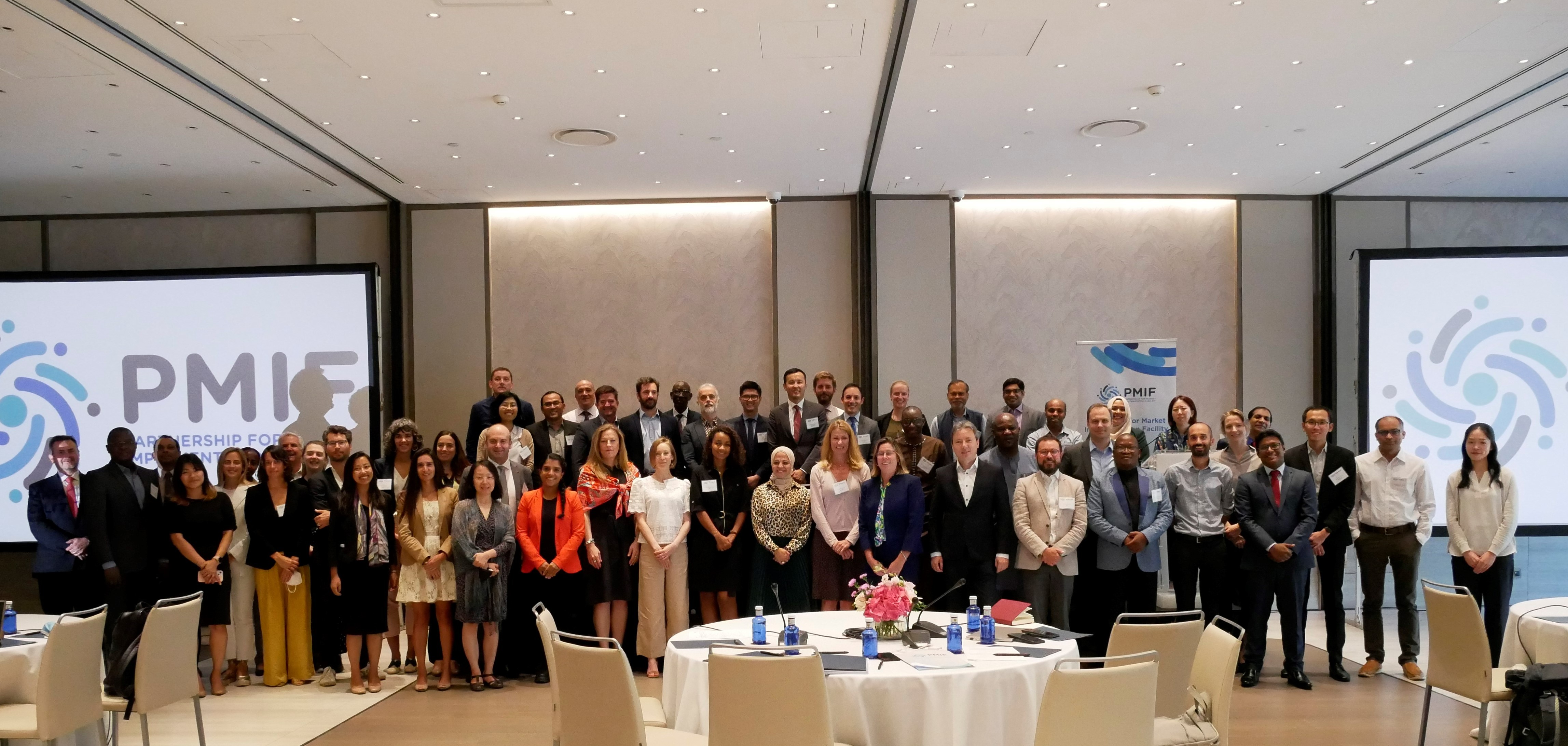
"Participating in this PMI Forum was very insightful as I was able to learn about the role that carbon pricing instruments can play in supporting a just transition which is an increasingly relevant issue and an integral part of public policy. A mix of theory and case studies was key to better understand this link."
Juan Pedro Searle, Head of Climate Change Unit, Ministry of Energy, Chile
In summary, the first PMIF Knowledge Forum presented the broad scope of topics the PMIF is working on and facilitated an initial exchange and discussions among participants. This Forum was the beginning of building a PMIF community as participants expressed much interest in continuing the dialogues and knowledge sharing with their peers in future meetings.
We thank the Spanish government for hosting the PMIF and welcoming the participants. It is hoped that we will not have to wait for another two years until the next in-person gathering.
You can access all the resources from the event online.

